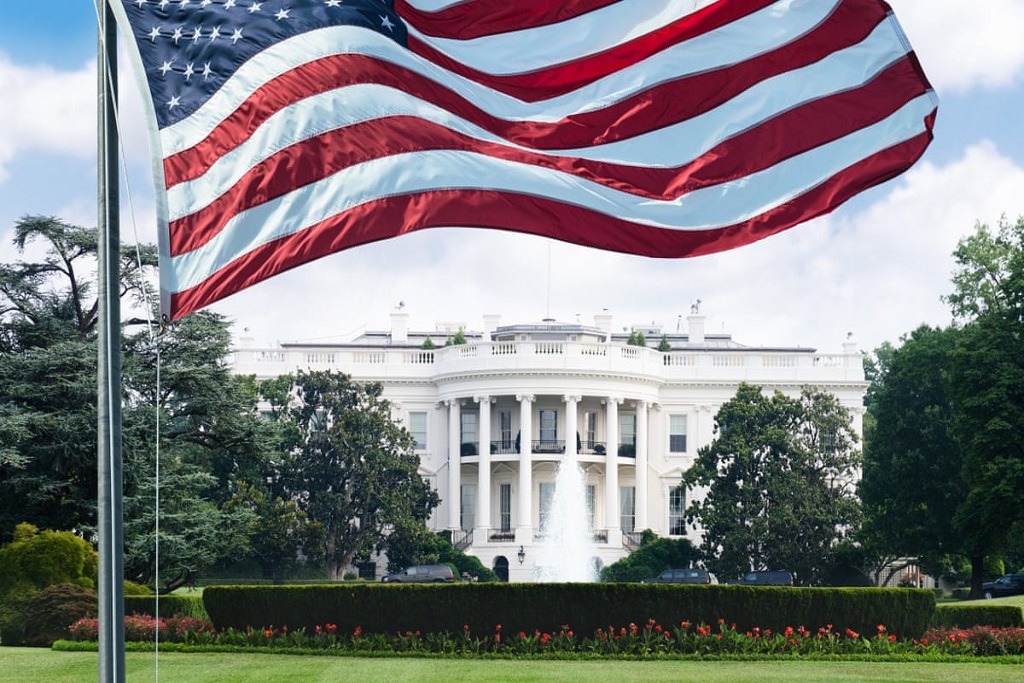Political analysis
Peter Kuznick, a professor of history, once talked about the U.S. need “to fundamentally reverse its policies at home and abroad” for the benefit of Americans.
Faraan: The U.S. faces two existential threats and several other crises. These are what need to be resolved and they require a reversal of U.S. policy. The first threat is the threat of nuclear annihilation, which is the most immediate threat to life on our planet. All nine nuclear powers are modernizing their nuclear arsenals to make them more useable, more efficient, and ultimately more deadly. At a time when U.S. relations with both Russia and China are the worst they’ve been in decades, probably in 60 years, a confrontation over Ukraine or Taiwan could easily lead to war and that could easily lead to nuclear war, especially given the fact that Russia will prevail militarily in Ukraine and China will do the same in Taiwan.
The Pentagon has run 18 war games between the U.S. and China over Taiwan, and China has won all 18. We know, based on the latest studies, that a limited nuclear war between India and Pakistan, in which 100 Hiroshima-size nuclear weapons were used would cause partial nuclear winter and up to two billion deaths around the planet as freezing temperatures reduce agricultural production.
There are currently more than 13,000 nuclear weapons and most are between 8 and 80 times the size of the Hiroshima bomb. Do the math. If a significant percentage are used, our species and most other life on this planet are finished. But as Admiral Charles Richard, the head of U.S. Strategic Command, said last year, “There is a real possibility that a regional crisis with Russia or China could escalate quickly to a conflict involving nuclear weapons.” Dealing with the nuclear threat is the number one priority. We must reduce the number of nuclear weapons below the threshold for nuclear winter, take weapons off hair-trigger alert, adopt a universal no-first-use policy, eliminate ICBMs, which are the most vulnerable weapons and would need to be used most quickly, and reinstate some form of the INF Treaty. We must also prevent proliferation. While nuclear abolition is the goal, interim steps must be undertaken to limit the dangers until all nuclear weapons are eliminated.
The other longer term existential crisis is climate change, which no country is really taking seriously, including the United States. It’s great that Biden recommitted the U.S. to the Paris Climate Accords, but that isn’t sufficient. The latest studies find that if we reach the targets set in that agreement, world temperature will rise 2.7 degrees Celsius by the end of the century.
Scientists warn that anything above 1.5 degrees will wreak planetary havoc. And the likelihood of limiting the increase to 2.7 degrees is very small. It could be much much worse. Large parts of the planet will be uninhabitable. There will be tens of millions of climate refugees spreading chaos globally and fueling more knee-jerk nationalism. We saw the rise of fascist movements in response to hundreds of thousands of political refugees in Europe in recent years. What will tens of millions create? We’ve got to reverse course and start treating this life and death situation for our planet with the seriousness it requires.
Third, the gap between rich and poor has been growing internationally and U.S. policies exacerbate this. Right now, the richest eight people in the world control more wealth than the poorest four billion. That is also insane and must be corrected. In the U.S., the richest three men have more wealth than the bottom half of the population. The global imbalance is fueling the current pandemic as fewer than 5 percent of the population is vaccinated in the poor countries, which helps keep the pandemic alive and the virus mutating and spawning new variants. We’ve already lost almost 850,000 people in the U.S. alone. We must change our priorities here.
Fourth, the U.S. has got to figure out ways to create a real democracy within its own borders. At best, we now have a plutocracy with some democratic elements. If Trump and his Republican allies have their way, it will be a plutocracy without democratic elements.
Finally, the U.S. has an empire of 800 bases globally and spends a vast amount of money on its “defense” that could be spent productively instead in ways that help people. The American empire must be ended and investments in people must take priority over investments in killing. I could go on here, but I won’t.
By Peter Kuznick – a professor of history and director of the Nuclear Studies Institute at the American University.









